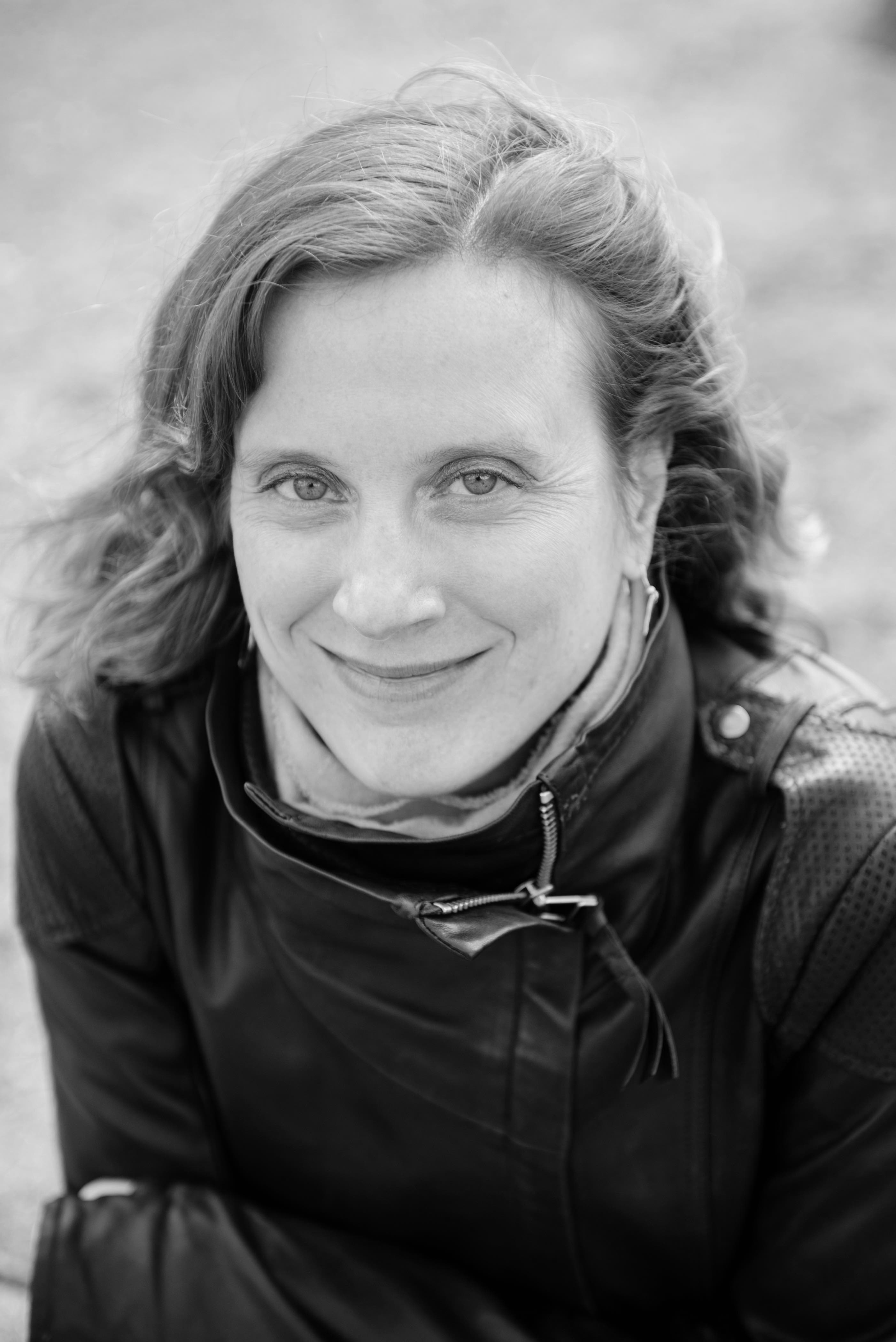
Alison Pick (Toronto, 1975) is a Canadian novelist and poet. During her teenage years, Pick discovered that her father’s Czech family was originally Jewish although he had been raised a Christian. She later converted to Judaism.
She has published three novels The Sweet Edge, 2005; Far to Go, 2010; Strangers with the Same Dream, 2017; a memoir Between Gods: A Memoir, 2014; and two collections of poetry: Question & Answer, 2003; The Dream World – 2008.
Among her many awards the Bronwen Wallace Memorial Award for Poetry (for Question & Answer) in 2002, Helen and Stan Vine Canadian Jewish Book Award, fiction category (for Far to Go), 2011.
She is present in anthologies such as Best Canadian Poetry in English 2008 – Tightrope Books, 2008
She is currently a member of the faculty at the Humber School for Writers and the Sage Hill Writing Experience. She lives and writes in Toronto.
Alison Pick is a poet of sensuous moods, atmospheres and dreams. Her poems explore the mystery concealed within the world we know and recognize. Her language is captivating with shining imagery and can travel through different levels of landscapes, be it residential, geographic, emotional, cerebral and suggests a path to the hidden lush and varied background of our experience.
Sandro Pecchiari
Premonition (from The Dream World)
The early snow-removal trucks
arrive like liberating troops. Up and up
the streets they charge to roses tossed
from windows. Winter’s a war finally won.
Throw back the drapes: warmth sashays in,
a kink, little inkling: we’ve felt this before,
forgotten it too, in the womb, in an earlier
life. Dreaming is easy in hours like these,
the mind’s backyard awash in new light,
but troops are troops, welcomed or not.
Still I haven’t said what I meant: something lost
will clear a space for something new to follow.
Ice in the harbour, for instance, melting,
starts the swell of spring. The Quakers,
for instance, worship in silence that breaks
in an outburst of words. The shattered things,
which is to say, the cool of your palm against
my thigh, which is to say there is no saying
for the dark and shady. No perfection.
My broken parts have always been broken –
touch me. Touch me there.
Snowplough
Tool of displacement whose goal is loss —
because who among us doesn’t need the banks of ourselves
pushed back. I’ve fallen for you four times now, the way
the snow falls through restraint, the way we say
to what we’re leaving: this will just hurt for a minute.
Even speech — eventually — will cede its presidential post,
drop the tie, the fake mustache and make for the cliff-edge, running.
The pleasure which vanishes vanishes for good — someone
proclaimed this, someone who knew the core of the self as the core
of fiction, how we’re less than all our parts and likewise mimic
melting. Motor-mouth, metal blades, in removal
motive appears: to clear desire’s slippery street, cut a path straight through.
Drifts obscure the back of truth, where we stand in for what we’re not.
The plough is restraint, knowing what’s best. I am snow. Still falling.
